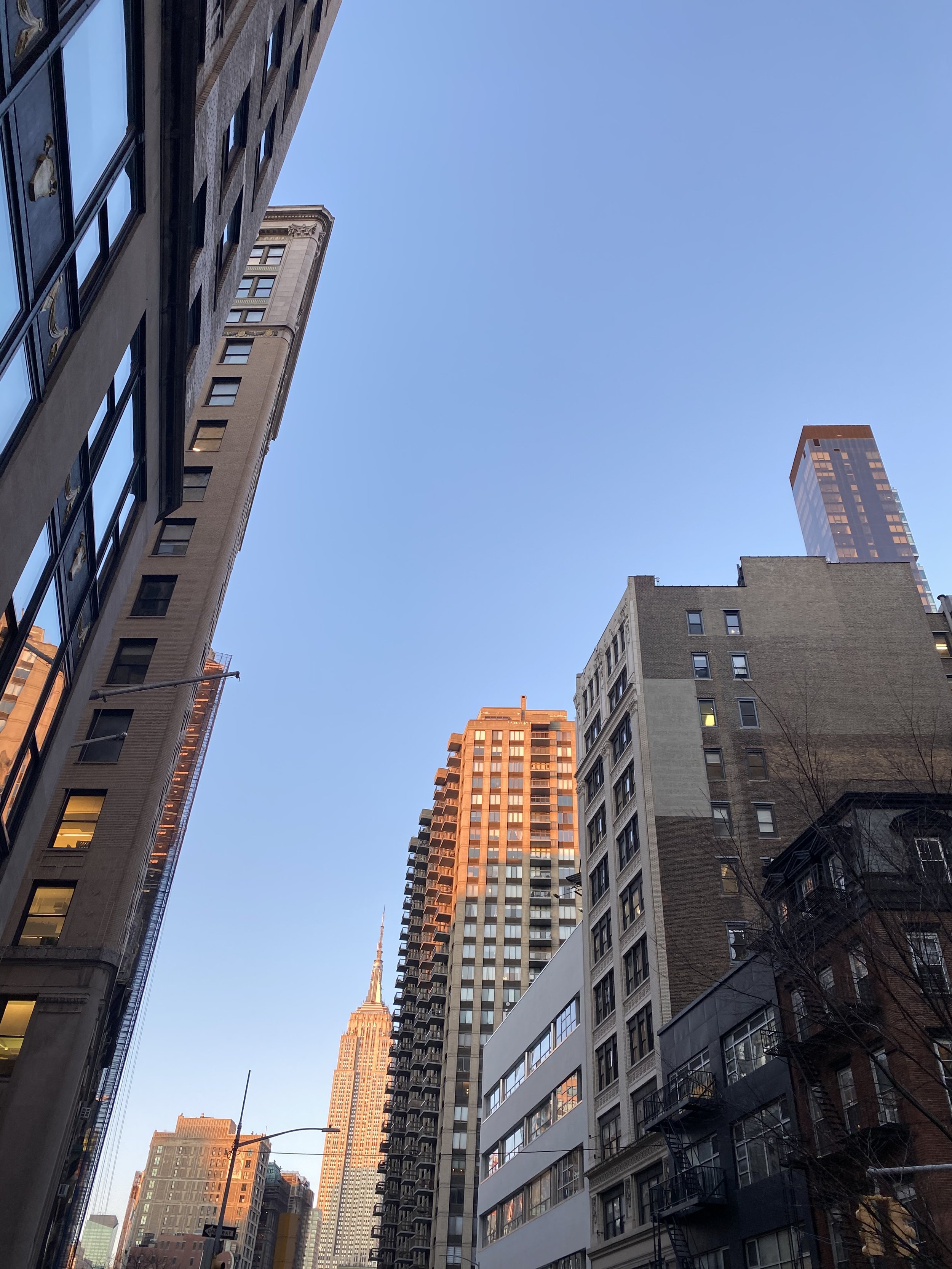Why We Need To Reframe Our Thoughts on "Survival Jobs" for Actors
I think it’s time the theatre industry stops using the term “survival job.”
A “survival job” is usually a flexible, part-time job an actor picks up when they are not performing.
And sometimes - actors pick up “survival jobs” even WHEN they’re under contract because their performance job isn’t fully paying the bills.
After all… the theatre industry isn’t known to be the most financially stable.
“Survival jobs” can be anything - catering, nannies, virtual assistants, coaches, yoga instructors, dance teachers, freelancers, brand ambassadors, waiters, dog walkers, personal trainers, tutors, voice teachers, bloggers, etc.
I’ll be the first to admit I’ve used the phrase “survival job” more often than I can count.
But lately, something doesn’t sit well with me when I say it…
Wicked on Broadway
The word survival feels extreme… needy… dire… desperate.
The phrase also unintentionally downplays the choice of someone pursuing a “survival job” as a full-time position.
Don’t get me wrong - there’s a reason why we, as actors, have always called them “survival jobs” - we often need them to survive.
But “survival jobs” are not a means of desperation.
They are powerful.
Instead, we need to start using the phrase supplemental jobs… similar to how we talk about supplemental income.
Supplemental (adjective): provided in addition to what is already present or available.
Almost every Broadway actor I’ve interviewed on the Actor Aesthetic podcast has had a supplemental job at some point. Some have nannied in between jobs, some were bartenders, some worked at fitness studios and some catered in the evenings.
Supplemental jobs help you continue to pursue your passions.
Find this helpful? Be sure to check out the Actor Aesthetic podcast on Apple Podcasts and Google Play. New episodes every Monday!












Master the art of self-taping with minimal equipment! This guide covers easy lighting, camera setup, and framing tips—perfect for actors auditioning for Heathers: The Musical and beyond.